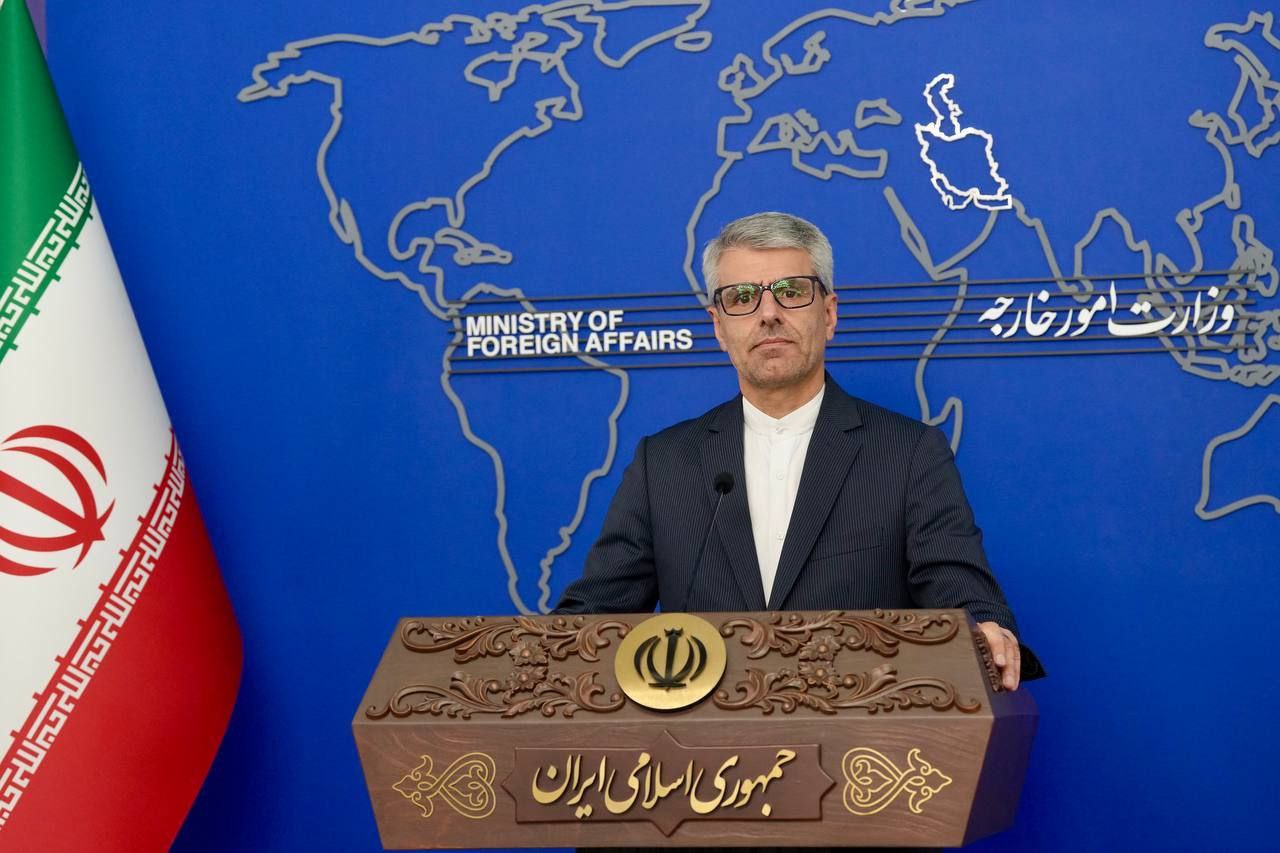BAKU, Azerbaijan, October 13. It is natural for Iran not to have nuclear weapons, as the country does not possess nuclear weapons and does not intend to develop them, said the country’s Foreign Ministry spokesman, Esmail Baghaei, at a press conference in Tehran on October 13, Trend reports.
According to him, the joint statement by the European troika (the UK, France, and Germany) on this issue is a repetitive step. European countries must demonstrate that they have the necessary authority and independence in decision-making in order to be recognized as reliable negotiating parties.
The spokesperson added that Iran's ambassadors to these countries, who were recalled for consultations after the European trio decided to activate the snapback mechanism, have already returned to these countries.
On September 26, the UN Security Council held a meeting on the initial text of a resolution submitted by Russia and China to extend Resolution 2231 and prevent the activation of the snapback mechanism. At the meeting, four countries voted in favor of the resolution, nine countries voted against it, and two countries abstained. Thus, as of September 28, the UN Security Council resolutions on Iran have been reinstated.
On July 20, 2015, the UN Security Council adopted Resolution 2231. This resolution led to the repeal of six previously adopted resolutions against Iran and large-scale sanctions related to Iran's nuclear program.
According to Articles 36 and 37 of the Joint Comprehensive Plan of Action, various stages are initiated upon a complaint by one of the states participating in the plan about a violation of the plan by another party. If the stages are not completed, the complaining country may raise the issue with the UN Security Council. If a complaint against Iran is filed and approved by the UN Security Council, international sanctions against Iran may be reinstated. Moreover, this gives UN Security Council members the authority to take military action against Iran.







